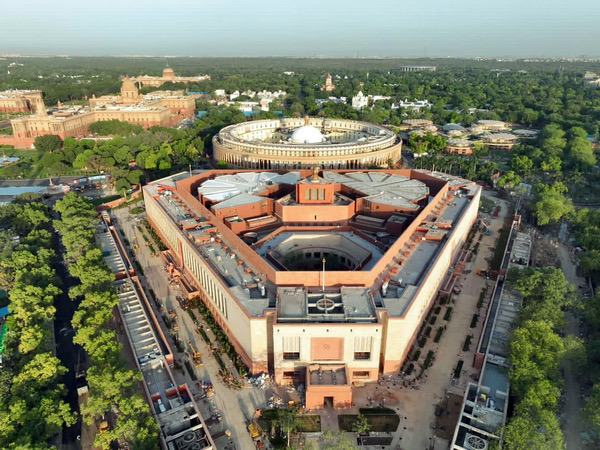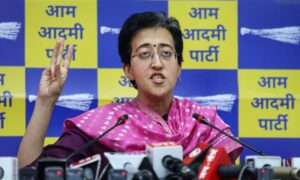New Delhi [India]: The Lok Sabha on Tuesday passed ‘the Public Examinations (Prevention of Unfair Means) Bill, 2024, which seeks to deal sternly with malpractices and irregularities in government recruitment examinations and competitive entrance tests.
The bill covers exams conducted by the UPSC, Staff Selection Commission and entrance tests such as NEET and JEE.
Bonafide candidates and students as defined in the Bill shall not be liable for action within the purview of the Bill.
The Public Examinations (Prevention of Unfair Means) Bill, 2024 was introduced in Lok Sabha by Minister of State for Personnel and Training Jitendra Singh.
Singh said the proposed law is meant to safeguard the interest of meritorious students and candidates.
“This is above politics and concern which deals with the daughters and sons of this country, which we all of us should share.
There are few doubts as we have not read the bill thoroughlly. Firstly I want to clear that the students or the candidates do not fall in the purview of this legislation. This Bill is for those who indulge in unfair means and adversely impact the public examination system for wrongful gains,” he added.
The bill has stringent provisions against malpractices. Students in several states have suffered in the past due to examinations getting cancelled for malpractices including paper leaks.
Officials said the bill, aimed at competitive and entrance exams, entails setting up a high-level technical committee to tackle challenges of cyber security in public examinations.
At present, there is no specific substantive law at the national level to deal with unfair means adopted or offences committed by persons, organized groups, or any other agency or organisation that adversely impacts the conduct of public examinations by the central government and its agencies.
The bill provides for a hike in the punishment for malpractices. The objective of the bill is to bring greater transparency, fairness and credibility to the public examination systems and to reassure the youth that their sincere and genuine efforts will be fairly rewarded and their futures are safe.
The bill covers exams conducted by the UPSC, Staff Selection Commission and entrance tests such as NEET and JEE. Bonafide candidates and students as defined in the Bill shall not be liable for action within the purview of the Bill.
Officials said the government has introduced several reforms to enhance transparency in examinations for recruitment as well as admission to higher education institutions.
These include introducing self-attestation, shortening the examination cycle (from 18-22 months to 6-10 months), doing away with interviews for recruitment to Group ‘C’ and ‘D’ posts, introduction of computer-based tests and issuance of appointment letters through digital means under ‘Rojgar Mela’.
In the recent past, many states have had to cancel or were unable to declare the results of their public examinations due to the adverse impact of unfair practices and means adopted by anti-social and criminal elements.
It has been observed that in many instances, organized groups and mafia elements are involved and they deploy solver gangs, impersonation methods and indulge in paper leaks and the Bill primarily aims to deter such kind of nefarious elements.
In view of increasing role of technology in the conduct of public examinations, it is proposed to set up National Technical Committee on Public Examinations which shall look into developing protocols for insulating digital platforms, devising ways and means for developing foolproof IT security systems, ensuring comprehensive electronic surveillance of the examinations centres and formulating national standards and service levels for both, IT and physical infrastructure, to be deployed for the conduct of such examinations.


























